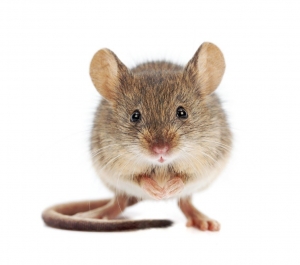When Rachel Peters, ‘20, arrived back to her suite in Welsh Hall after winter break, she noticed a strange smell. She didn’t think much of it until she laid down in her bed, turned her head, and saw piles of mouse feces on her pillow. Immediately, she jumped out of bed and began to clean her room. As she started to clean her room, she found mouse poop in her desk drawers, shoes, dresser, pillows, sheets, and blankets. Mice had chewed through a wicker basket and left trails of excrement all along the walls, in the bathroom and shower, and in the closets.
Rachel’s experience isn’t unusual, as every year many students have encounters with mice, in both dorms and other places around campus, such as the athenaeum. Moe de La Viez, ‘19, had encounters with mice both her first and second year while living in Wagner House. However, she chose not to file an FMS report, as she felt snap traps were inhumane. According to FMS, students can request glue traps. However, if a mouse is caught in a glue trap and FMS is called, they throw both the trap and the mouse in the garbage.
According to Danielle Wooden, the facilities work management coordinator, Facilities Management Services will typically receive about three reports a week about mice. Mice on campus is a recurring problem every year, and it affects most residential buildings at one point or another. However, Stimson Hall tends to have the most persistent mouse problem. This is due to a number of factors, including the age of the building and the smell of food from the dining hall.

According to Wooden, there are many factors that contribute to mice coming indoors: “It depends on time of year, what the weather is doing at that point, if it’s winter time, what factors are going on inside the room, a lot of those things play a huge role in pests on our campus.”
Charles Mclean, the Director of Environmental Services, advises that students keep their rooms as clean as possible, as mice are attracted to piles of clothes and the smell of food, even food that is individually packaged such as microwave popcorn or microwaveable noodles.
Storing all food products in plastic, sealable bins and cleaning up all crumbs and other food after eating can go a long way in pest prevention.
McLean and Wooden caution that any dorm room on campus can be affected, as mice can fit through extremely small spaces and travel through pipes. Should a mouse be spotted, if it’s during 7 a.m. and 4 p.m. they recommend calling Facilities Management Services at 410-337-6166. Students can also file a report at workorders.goucher.edu or call public safety at any time for assistance. Regional Pest Management, the company that provides all pest management, is on campus twice a week.
